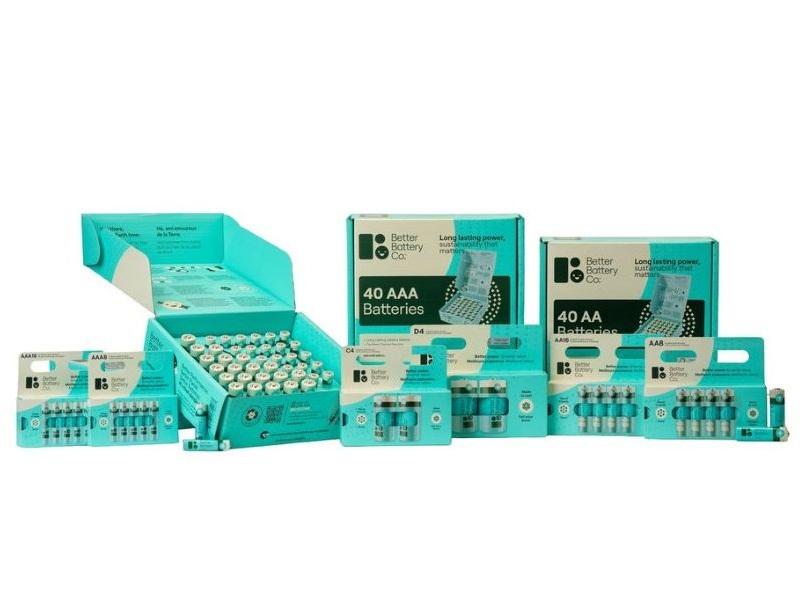
After announcing a 2050 net-zero target for its expansive real estate portfolio, QuadReal Property Group detailed its sustainability strategy to SustainableBiz, centered around energy efficiency, retrofits and renewable energy adoption.
QuadReal is a Vancouver-based real estate investor that ranks as one of the largest in the world with $67.1 billion in global assets. It manages the real estate assets of the British Columbia Investment Management Corporation.
It unveiled a more ambitious set of climate goals last week. QuadReal went from pledging to reduce its carbon emissions by 80 per cent by 2050 across its Canadian operations to net-zero by 2050 for its global portfolio and cutting the emissions of its directly managed portfolio by 50 per cent by 2030.
“We saw a lot of movement in the market. We saw that a lot of Fortune 500 companies and a lot of cities were making firm commitments to net-zero. We felt that people who can accomplish those goals are rewarded,” said Jamie Gray-Donald, QuadReal’s senior vice president of sustainability & environmental, health & safety.
“More importantly, we’re following the science. We see what’s needed to maintain a one-and-a-half-degree world and to keep the risks down to real estate more broadly. We feel this is part of our mandate as a responsible long-term investor.”
QuadReal’s climate plan
QuadReal is replacing energy audits (measuring energy efficiency or inefficiency) with carbon audits (measuring carbon emissions from the organization or building) to identify when equipment like a natural gas boiler is reaching the natural end of life by at least three years. It can then prepare for a replacement. At one property in Burnaby, B.C., Gray-Donald said QuadReal is performing a detailed analysis with carbon audits and is aiming for a 50 per cent energy reduction and an over 70 per cent cut in carbon emissions.
He said QuadReal has a strong track record of delivering energy efficiency with an increase of over 2 per cent each year across its portfolio. QuadReal is expecting building efficiency upgrades to reduce its emissions by 40 per cent.
The sustainability chief said QuadReal is emphasizing solar rooftops on industrial settings and warehouses as part of its industrial portfolio strategy. It is planning to pilot warehouse retrofits to include solar energy and substitute natural gas heating with all-electric heat pumps.
Gray-Donald listed examples of QuadReal’s strategy at work. He named 145 and 200 King St. West in Toronto, featuring energy efficiency projects like deep lake water cooling, which netted a 30 to 60 per cent carbon reduction. QuadReal expect both properties to achieve net-zero around 2030.
QuadReal will allow carbon offsets to cover a maximum of 10 per cent of its baseline emissions. High emissions industries like concrete or steel remain carbon-intensive and require time for low-carbon options. There are also properties in colder climates like Edmonton where the economics of switching to electricity remains out of reach for now.
“But we want to focus all the properties, all the teams on emissions reductions instead of a, ‘Don’t worry about it, we can just buy offsets and on paper things will look good,’” said Gray-Donald.
Current progress
QuadReal currently emits around 100,000 tonnes per year in carbon dioxide across its Canadian portfolio, according to Gray-Donald, covering all tenant emissions they have visibility into. It is about a 30 per cent reduction compared to its 2007 baseline.
“We’re at a 30 to 35 per cent reduction to our baseline and we modelled that we will achieve our 2030 target a little bit early.”
He said QuadReal only has visible emissions from its office, residential as well as most retail and common areas tenants, while industrial tenants are excluded from its 2030 target. Its 2040 and 2050 targets will include all tenant emissions.
Getting a better picture with data
As QuadReal and the real estate industry can only effectively decarbonize with clearer data, the company is making efforts to get better picture of greenhouse gas emissions. It is collecting "much better" data from its tenants and requiring in its leases that tenants must share their utility data with QuadReal for better emissions accounting.
It is sharing its tools with other real estate investors as well. Around three years ago, QuadReal started working with energy software partner Brightly on what a carbon transition tool would look like and built a tool they use for energy efficiency target setting.
QuadReal will show the tool at the Greenbuild International Conference and Expo in November. Toronto-based KingSett Capital helped build the tool. QuadReal and KingSett will be sharing how they designed the tool and about its features at the conference. They will also talk about how to do a carbon audit, discussing the standards for a carbon audit and detail how to convert a carbon audit into net-zero planning.
The company is also working with Real Property Association of Canada (REALPAC) to get alignment on what should be included in carbon accounting and how to perform standard conversions for water use to carbon and waste to carbon. Most companies have different conversion metrics, so QuadReal is collaborating with REALPAC on what these standards should be.










